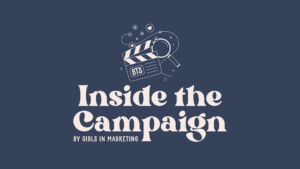Looking to start some academic reading? Not sure where to begin? Online marketing journals could be the answer.
Historically, published books would be the place to turn for primary sources of valid information. In marketing, however,
online journals provide some of the
most relevant and up to date material out there. Academic journals are also handy to set aside for use in essays and dissertations.
Sourcing the most relevant of these journals can sometimes prove difficult. If you are struggling with where to look, here are three online libraries known for storing some of the
best academic marketing journals.
Marketing journals with Jstor
Number one on this list is
Jstor. Jstor is a site which provides access to more than
12 million academic journal articles, books, and primary sources. As a tool, Jstor is useful in that it features vast content related to marketing, but also a wide range of other areas. If you are finishing up a dissertation or planning ahead for next year, this is especially helpful. With dissertations often featuring more obscure content. The sheer amount of information available on the site means the advanced search feature tends to match even the most obscure of searches.
If logging into Jstor as a current university or college student, access may be granted automatically. If this does not occur, you can use the sites ‘institution finder’ to see whether your college/university provides entry. Don’t worry If no access is granted. There is an option for limited
usage without a login. This allows the user to read titles, snippets and occasionally example chapters. The Harvard reference of each source is also provided so can be jotted down for later reading. Of course, limited access is not ideal and so it may be beneficial to write to your university suggesting they sign up.
Warc‘s marketing journals
Like Jstor,
Warc provides access to online journals but also has a heavy focus on research, case studies, best practice and data. Warc is unique in that it solely provides information related to marketing. This heavy focus has attracted clients and researchers from brands like Coca-Cola and Disney. As well as data-driven resources, the site has a library made up of
opinion pieces and news articles. This is of particular use in a marketing dissertation, whereby contrary opinions often make for a stronger literature review. The site also regularly updates its landing page with recent/ relevant pieces which can be useful for campaign planning. At the moment, for example, articles relating to coronavirus and its impact on digital marketing can be accessed via the homepage.
As with Jstors systems, Warc provides access to many colleges and universities. If you are currently in education and this access is not automatically provided, do suggest this to your college or university library team. If you are no longer a student, the site does provide
a free demo version. It may be worth getting this to explore the site and see what it has to offer.
Sage journals
A third online marketing journal of use is
Sage. Sage journals provide the broadest information of those sites on this list. Sage solely features
research journals from numerous disciplines. Those resources relating specifically to marketing are located under the subdivision of social sciences and humanities. As with Jstor, this broadness is especially useful for dissertation sources, where more obscure topics may be covered. In terms of usability, Sage can be slightly more complicated than other online journals, simply because of its range. Unlike Warc and its frequently updated landing page, Sage works best when utilising the advanced search function. Because of this, a more specific search is optimal, rather than for general reading.
Sage journals are unique in that it provides the reader with the option to
download PDFs of the content provided,
without necessarily obtaining full access. This is a handy function for reading on the go. Of course, to view everything on the site you may need to log in. Again, this can be your institutional access if this has been granted. If not, those free resources may be enough if only needing a couple of specific articles.
Summing up
Overall, it’s important to remember that any extra reading is positive. Marketing information can be found in a variety of places, even when scrolling through LinkedIn or Instagram. At Girls in Marketing, we have plenty of
marketing blogs to help you succeed. Of course, online marketing journals are amazing sources for academic writing but don’t feel limited. The Girls in Marketing
Instagram page and
Facebook group are also great examples of extra resources to take advantage of.
Happy reading!
Written by Naomi Phillips




